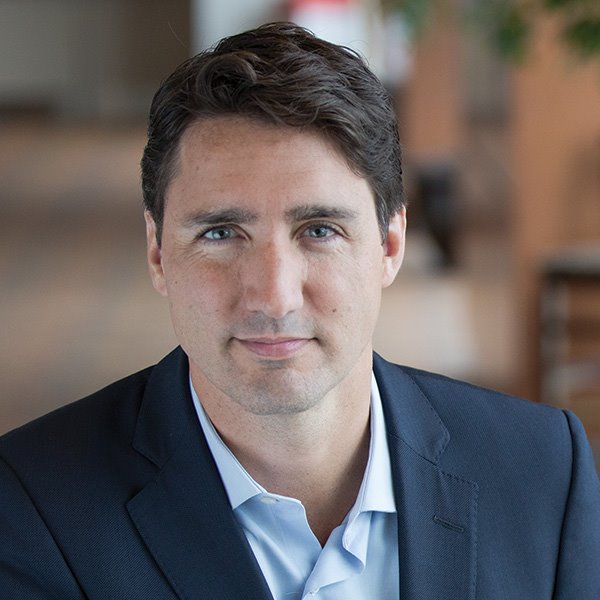Canada News
Trudeau urged to overcome Trump tariff talk to raise $13B for girls at G7

Trudeau’s carefully crafted G7 agenda is under considerable strain following President Donald Trump’s decision last week to impose tariffs on Canada, Mexico and Europe. (Photo:Justin Trudeau/Facebook)
OTTAWA — International agencies are calling on Prime Minister Justin Trudeau push fellow G7 leaders for a US$13 billion investment in girls’ education — and they’re urging him not to allow the economic turmoil with the United States to interfere.
Six international agencies, including the United Nations Children’s Fund (UNICEF) and World Vision, are calling on the G7 to make that three-year spending commitment.
The coalition also wants Canada to inject $500 million in new money towards the initiative.
Trudeau’s carefully crafted G7 agenda is under considerable strain following President Donald Trump’s decision last week to impose tariffs on Canada, Mexico and Europe.
It fractured last weekend’s meeting of G7 finance ministers and threatens to do the same when their leaders convene later this week in Quebec’s picturesque Charlevoix region.
One of Canada’s overarching themes for the summit is improving gender equality for women and aid agencies are urging Trudeau to stick to that course.
“G7 is Canada’s opportunity to turn feminist talk into walk, and demonstrate global leadership on female empowerment,” David Morley, the president of UNICEF Canada, told The Canadian Press.
“We will be disappointed if G7 leaders cannot resolve a deadlock, which will once again hit the poorest and most vulnerable the hardest. It will be a missed opportunity of epic proportions.”
Michael Messenger, the president of World Vision Canada, said he hopes this is one subject that the G7 leaders may be able to agree on.
“With many competing priorities around the G7 table, funding girls education in crises presents an opportunity for consensus,” he said.
“We know education is foundational to the achievement of all other development goals including health, ending violence, conflict and improving income earning potential.”
U.S. protectionism will dominate the G7 when Trump makes his Canadian debut at the summit.
Finance Minister Bill Morneau said after hosting his G7 counterparts that he expects the leaders to keep pressure on the U.S. to reconsider the tariffs.
The tariffs prompted retaliatory measures from Canada and others and threaten to drive a wedge into the G7, fracturing the long-standing multilateral relationship into something observers describe as a “G6 plus one,” with the U.S. as the outlier.
Trudeau’s office says he spoke to provincial and territorial premiers on Monday to update them on Ottawa’s response to the “unacceptable” U.S. tariffs.
The personal relationship that Trudeau has tried to forge with the mercurial president has become strained of late.
He has used tough words to describe the Trump administration’s decision and continued that approach on his call with the premiers.
“The prime minister expressed his disappointment with the decision by the U.S. administration to impose tariffs on Canadian steel and aluminum,” says a readout from this office.
“The prime minister noted that, given our shared history, it is inconceivable that Canadian steel or aluminum might be a security threat to the U.S.”
Trudeau told the premiers he plans to vigorously defend and protect Canadian workers and industry and that he is committed to successfully renegotiating the North American Free Trade Agreement “that is in the best interests of Canadians.”
Trump’s top economic adviser, Larry Kudlow, muddied those waters unexpectedly earlier today when he told a Fox News program that the president is determined to pursue bilateral trade deals with Canada and Mexico.





















